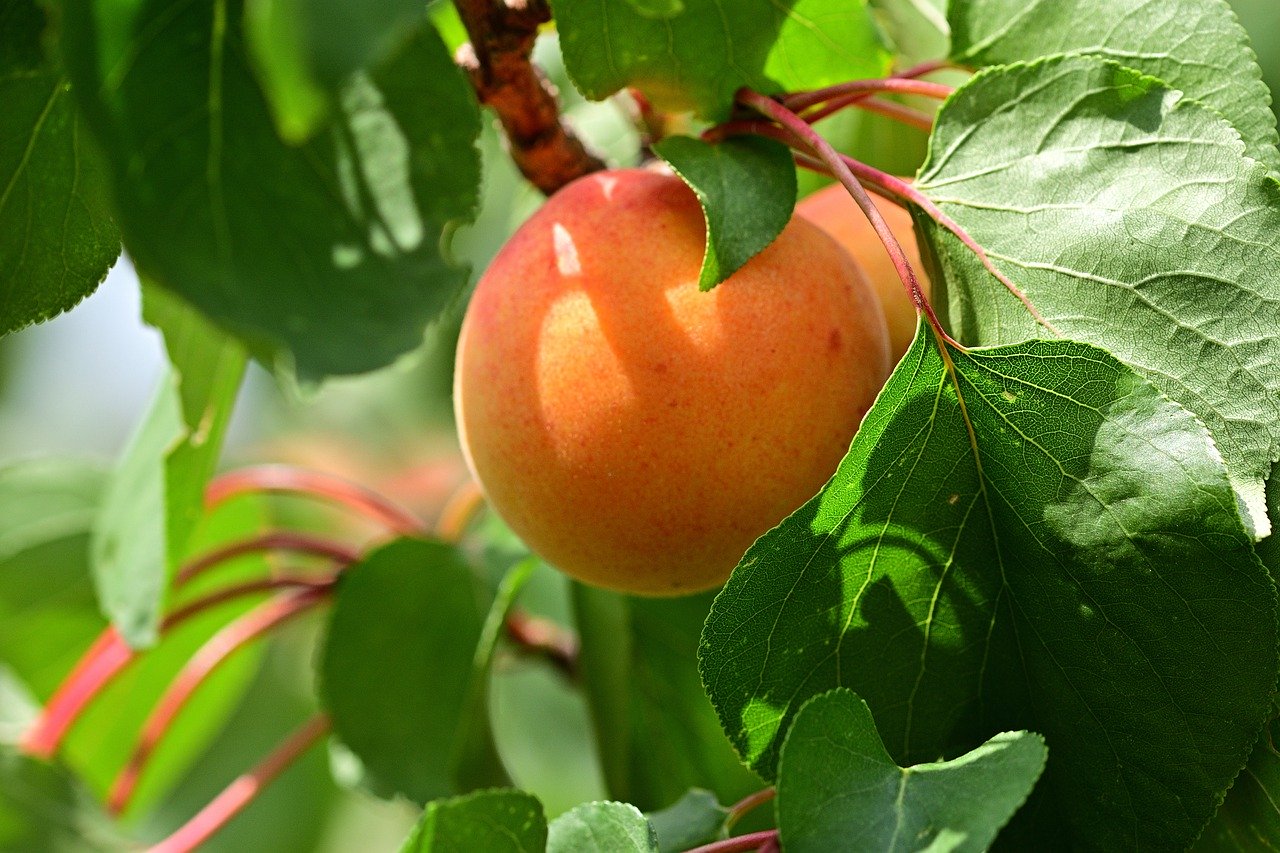In June 2018 researchers from the USA published the results of their study to assess the effect of commercial canning and freezing on the nutritional content of fresh apricots. The nutritional content of apricots which had been canned or frozen was assessed immediately after processing and again three months later. The results of the analysis was then compared with samples of fresh apricots from the same source. Results showed that, compared to fresh apricots, canned apricots had similar levels of antioxidants, a 17% increase in beta-carotene, and a 48% increase in phenols, while vitamin C was reduced by 37%. After 3 months, antioxidant levels were 47% higher than in fresh apricots although the beta-carotene had decreased by 15%. The vitamin C content was not seen to change significantly following storage. The canned apricots packed in light syrup showed no increase in fruit sugar content. Frozen apricots had an increase of 529% in the level of antioxidants, 35% beta-carotene, 3,370% vitamin C and 406% phenols when compared to fresh apricots. After 3 months of storage, frozen apricots decreased in vitamin C by 29% and phenols by 17%, but despite this the vitamin C level was still 2,375% higher and phenols 318% higher than in the fresh apricots. Beta-carotene levels increased during storage, reaching levels that were 56% higher than fresh apricots while antioxidant activity was unchanged. The citric and ascorbic acid routinely added to the fruit prior to freezing was therefore seen to result in significantly higher antioxidants, vitamin C, and phenols.
Adkison EC et al. Effect of Canning and Freezing on the Nutritional Content of Apricots. J Food Sci. 2018 Jun;83(6):1757-1761.

